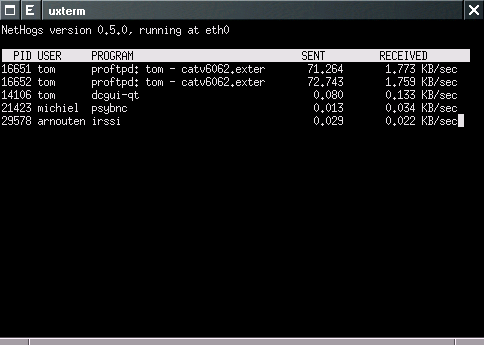 For Wikipedia: A cheat sheet or crib sheet is a concise set of notes used for quick reference. “Cheat sheet” may also be rendered “cheatsheet”.
For Wikipedia: A cheat sheet or crib sheet is a concise set of notes used for quick reference. “Cheat sheet” may also be rendered “cheatsheet”.
People working in informatics in general and on unix terminals in particular know that is not so easy remember every single command and so it’s usual to have “Cheat Sheet”, a collection of the most useful commands in a single A4 page for a particular program or environment.
And this is my small collection.
Continue reading »




